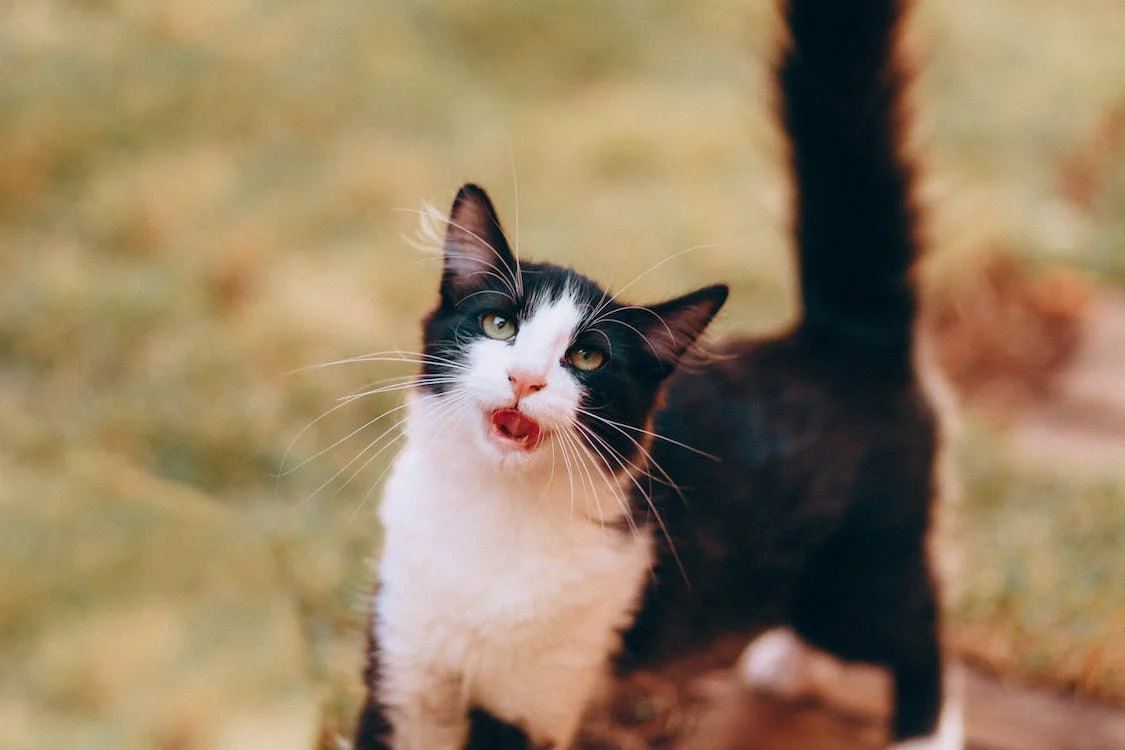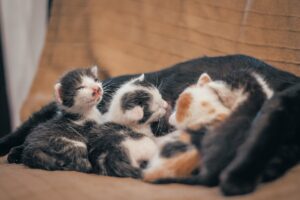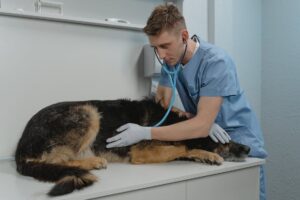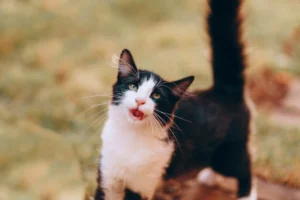Panting in cats is the act of breathing rapidly with an open mouth. While panting is a normal behavior for cats after vigorous exercise or in hot temperatures, excessive cat panting can indicate a range of health problems, from heart disease to respiratory issues.
Certain breeds, such as the Siamese, are more prone to respiratory issues, and cats living in warmer climates may be more susceptible to heat stroke. Panting in cats can also be a symptom of anxiety or pain, so it is important to observe your cat’s behavior and consult with a veterinarian if you notice any changes.
Diagnosis of medical issues related to cat panting can be done by observing the panting patterns and behavior of the cat, consulting with a veterinarian, keeping track of any symptoms or changes in the cat’s behavior, and considering any changes in the cat’s diet or environment.
The top 10 medical reasons for cat panting, along with the severity of the issue
- Heart disease: severe
- Respiratory issues: severe
- Heat stroke: severe
- Anemia: moderate
- Dental problems: moderate
- Pain or injury: moderate
- Hyperthyroidism: moderate
- Poisoning: moderate
- Obesity: mild
- Anxiety: mild
To prevent panting and other health issues, it is important to provide cats with regular veterinary check-ups, a healthy diet, and plenty of water. Owners should also keep the indoor and outdoor temperature comfortable and provide a cool, shady spot for the cat to rest.
Resources for pet owners include the American Association of Feline Practitioners (AAFP), Feline Advisory Bureau (FAB), International Cat Care.







